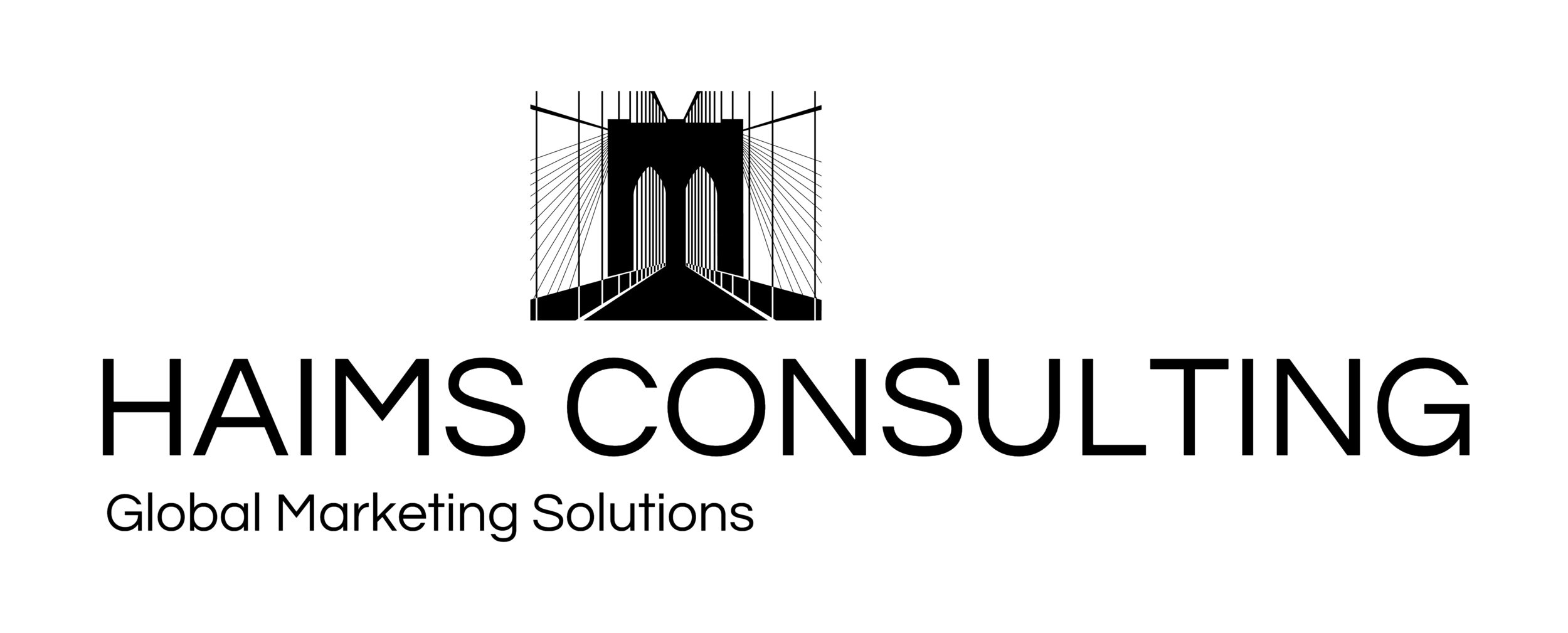Who are the stakeholders in your neighborhood?
In my title, I am referencing a line from a TV show from my childhood (Sesame Street). “Who are the people in your neighborhood?” Here our neighborhood is our workplace and professional network and the people are your stakeholders.
So who are the people in your professional network? I would like to delve into who the stakeholders are for the localization industry and discuss their importance.
On a high level, our C-level Executives and even your Clients don’t generally need to know how you get your job done but you can’t do it alone.
The localization industry has very unique stakeholders. You have a very specialized supply chain. You may be a translator and work from home or a localization producer in a large corporate office. I believe that you will achieve the most success if you identify the people you need to get your job done right.
People are valuable resources. In the age of artificial intelligence and machine translation in particular, people are beginning to lose their value. On average employees stay at their jobs around two years. I would love for companies to see the value in keeping a balance of veterans and new blood.
Veteran employees contain databases of knowledge that no software program can truly capture. They know the ins and outs of the company’s structure and what everyone does. Balance that with new employees who have fresh perspectives and outside experiences.
In our industry, we are relying on our translators and linguists like never before and they in turn need more context. I’ve spoken in the past about elevating our LSPs to partners.
Here are the key players to identify immediately, even if you don’t need to work directly with them.
Veterans – people that have institutional knowledge
Marketing team – Can you find out what creative is in the mix?
Product Team – The people who create the stuff
Technology Team – The people who bring you speed and efficiency
Finance team – The people who fund your stuff
Vendors – Even vendors have vendors
Foreign counterparts – Your eyes and ears in region
Professional network – The people that are your community
Let’s say you don’t have offices in every country that you support languages for. I start right here with LinkedIn. Build yourself a network with people located all over the world. I have friends and colleagues on every continent.
In my webinar with The Content Wrangler, Bridging Marketing and Operations, I discussed breaking silos and one of my tips was to reach out to your coworkers.
Building an inclusive network is key. It starts with you and it can be small and simple. There are great groups on LinkedIn that you can join and you can follow companies in your field. Your network is constantly sharing information.
I am fortunate to live in the San Francisco Bay area. There are really great networking opportunities here. It’s important to seek out these opportunities. They aren’t just for looking for a job. They are to keep you updated on current challenges and learn how other companies tackle issues.
Maintaining your stakeholder relationships is important. It’s great to bring in treats when there are stressful times and they are going to need extra support. I however, am not a good baker, so I provide things like advance notice, context, and friendly support.
Most people I encounter around the world appreciate being looked out for. It is important to keep your network informed and keep a flow of communication. There doesn’t need to be an immediate business need. Just asking “what are you up to?” and “are you busy?” will open the floodgates of information. Your stakeholders will give you on the ground information that will make your job flow easier in the long run.
The C-Suite and Clients rely on you to get your tasks accomplished and don’t generally have time for the details. They don’t need to know that Fran is on vacation and Tim is having personal issues and that is why you didn’t get your job done. But personal issues affecting your stakeholders will have an effect on your ability to do your best work. If Fran is the only person who you’re waiting on and keeping Fran on the payroll is important to you because she is the best at what she does. My tips are to mention the positive things that are happening, and share the success stories.
I like to say Marty really rocked that last project. Jan was instrumental in our launch last week. Keeping these names top of mind in your Client's and Management’s heads will help them remember that it takes a network of stakeholders.
Back in the day, we may have had larger budgets to spend on our key players but budgets in general seem to be getting tighter. It doesn’t have to take money and baking skills to keep a team happy. You are managing a team. Teams get your job done.
So, who are your stakeholders? Hopefully, you will see that people are assets and are as valuable if not more important than your software and hardware. Those things enhance us and bring us closer together. They add speed and efficiency. But it is the people who make success stories. Let’s build our own on an international scale.
